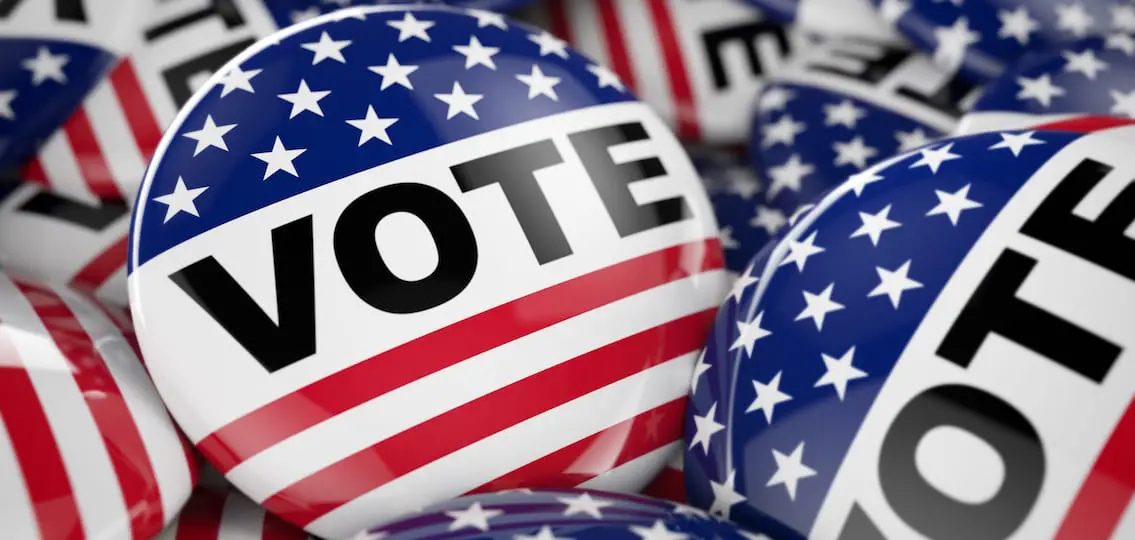One halcyon spring day in 1996, I was sitting on the counter in my kitchen. I was 16, almost 17, and the Republican primaries were being fought to see who would run against Clinton. My mom was cooking dinner on the stove and we were making small talk. Then, slowly, I said, “Mom, I need to tell you something.”
“What?” she said without looking at me.
“I think…I think…”
I had long brown hair, and my mom shaved the sides of my head. She also let me get whatever clothes I wanted at thrift stores, so I had on huge corduroy pants and a US Postal Service shirt, and a lot of hemp jewelry woven in with broken seashells. By that time I’d taken out my earring, an accoutrement made possible by my dad, who had pierced my ear.
“I think…”
She started stirring more slowly.
I sighed. It was time to come out. “I think I’m a Republican.”
She put the spoon down on the stove and turned toward me, slowly.
“What makes you think that?”
“I just…I think I agree with their social and economic policies more.” It sounded like a good, mature justification.
“Oh.” She turned back to her cooking. “Well you’ll just have to talk to your father when he gets home.”
I did, and my dad took it in stride. They didn’t like it when I started putting Pat Buchanan and Alan Keyes bumper stickers on my car – right wing candidates who would be part of the Tea Party now – and they made me start parking in the garage so that the neighbors wouldn’t see. I started wearing suits to school that I purchased at thrift stores – this was a southern Californian school with a competitive surf team and a skateboard park across the street, where people wore board shorts to biology – and learned about world affairs and economics in order to more effectively argue with my parents. In a family of liberals, being a Republican was as rebellious as I could get, and I rubbed it in their faces.
Why Young People Should Vote: Getting Your Voice
The only thing that they had on me was that they could actually vote in the election, whereas I was just being a young jerk. I remember a dinner where my mother told me, in no uncertain terms, that my opinions were fine but did not matter unless I could act on them. I couldn’t wait for the day when I turned eighteen and would be legally equal to them. It would mean that my voice actually mattered as much as theirs did. I saw voting as the real gateway to becoming an adult. It was not suddenly becoming legally able to buy cigarettes, or join the military, or stay out past curfew – it was actually having a say in how society operated, and, as my mother implied, the important thing was being able to vote.
Regardless of what your political views are, they don’t matter unless they are expressed on a ballot. That is the beauty and burden of our democracy. Your vote matters in our country. It is just as important as the vote of your parents or the President. Making an educated vote is equally as important. Take 30 minutes to learn about the issues on the ballot and the people running for office, and then vote as you think best.
Your vote is your voice. Whether you are 18 or 80, make sure it is heard.




